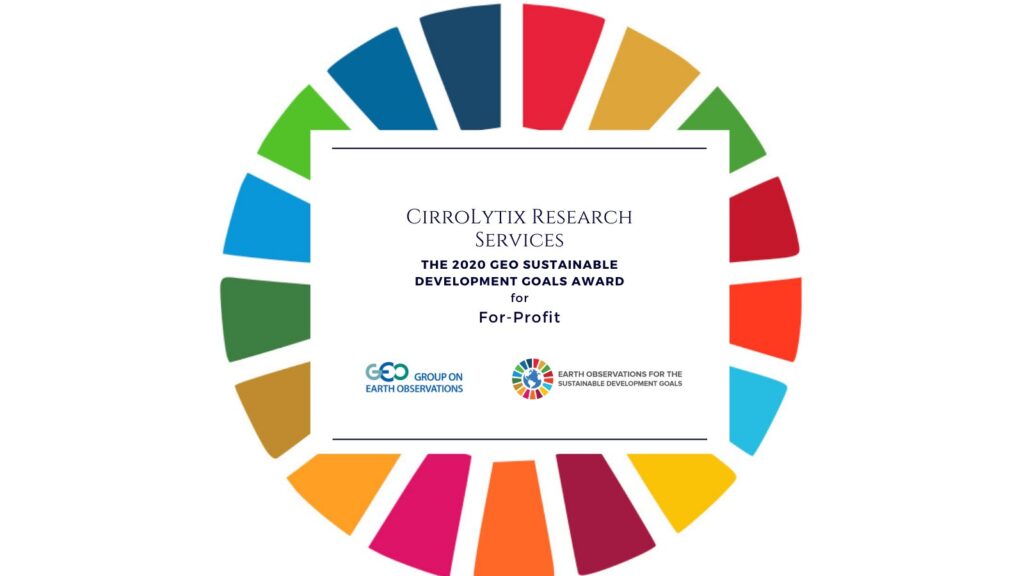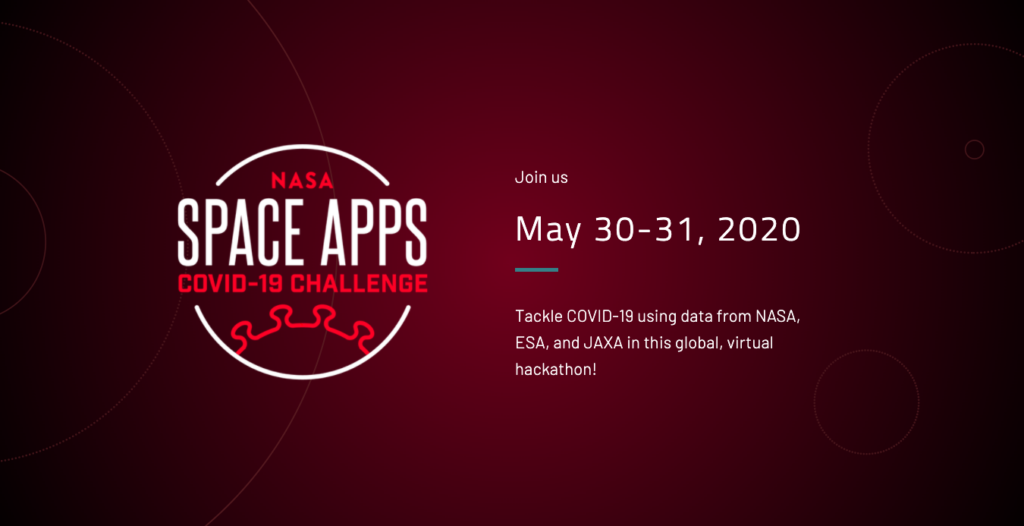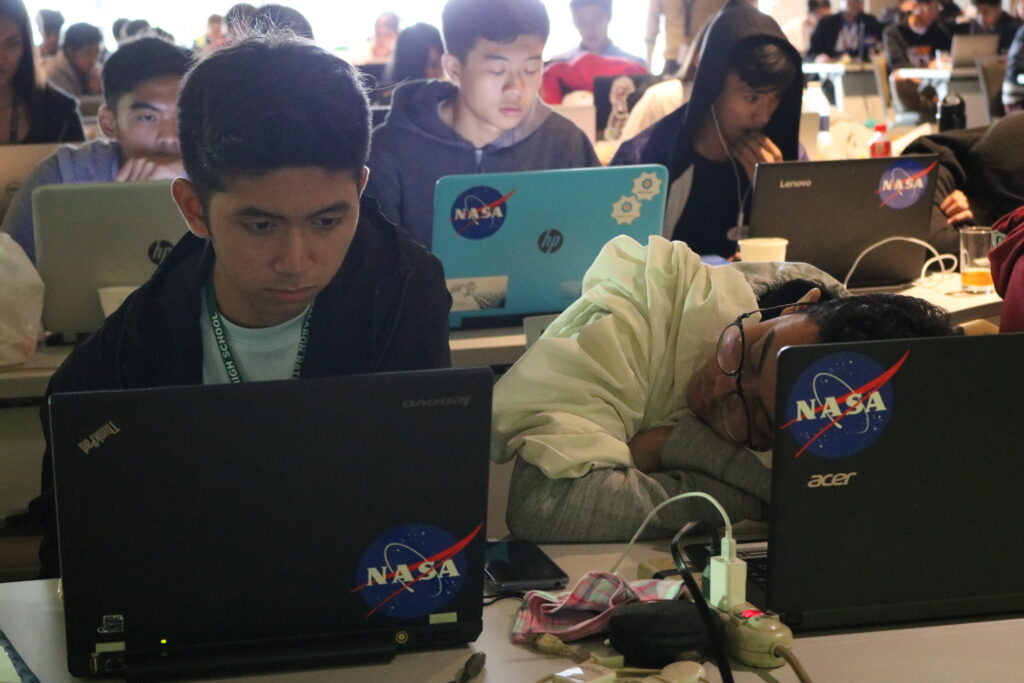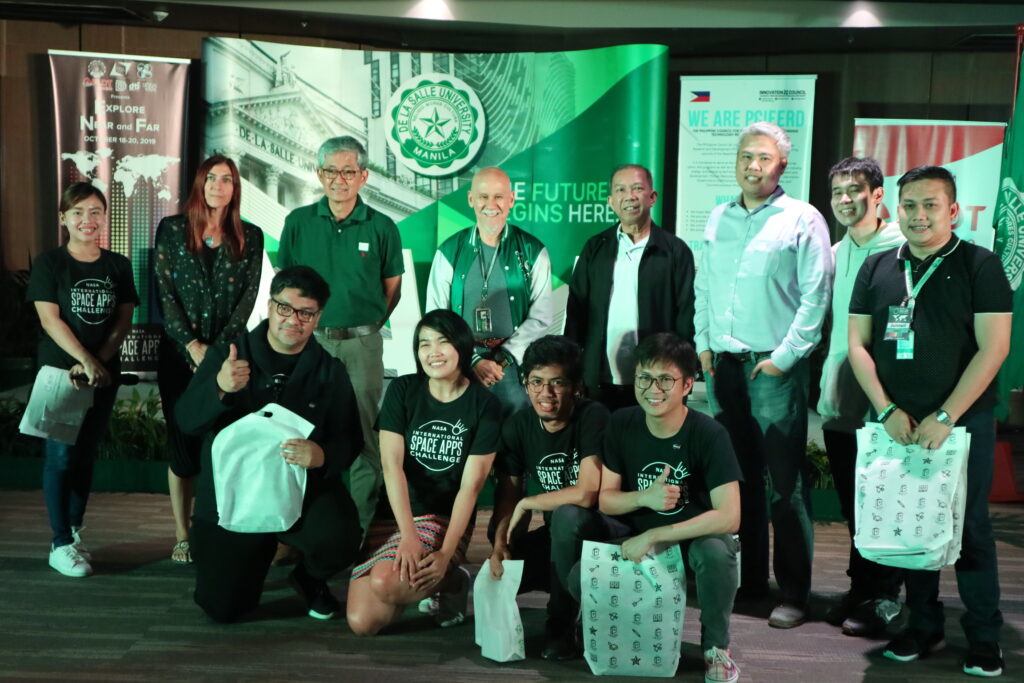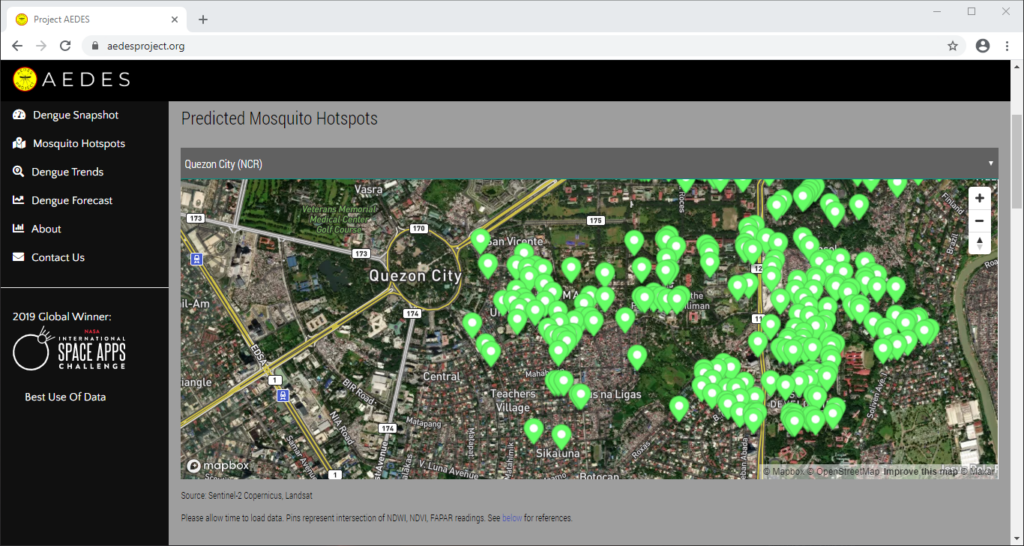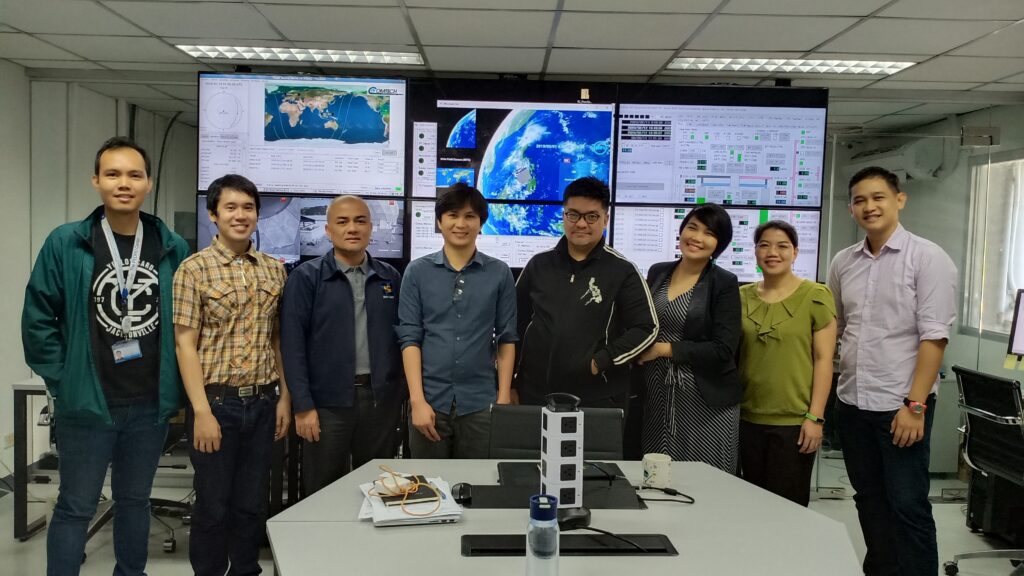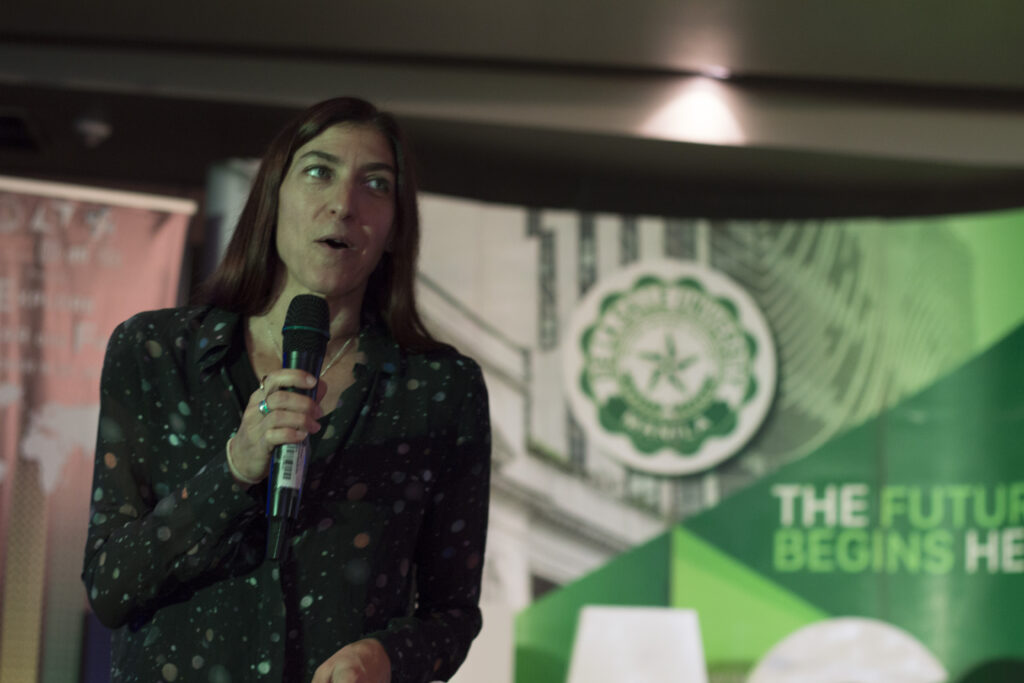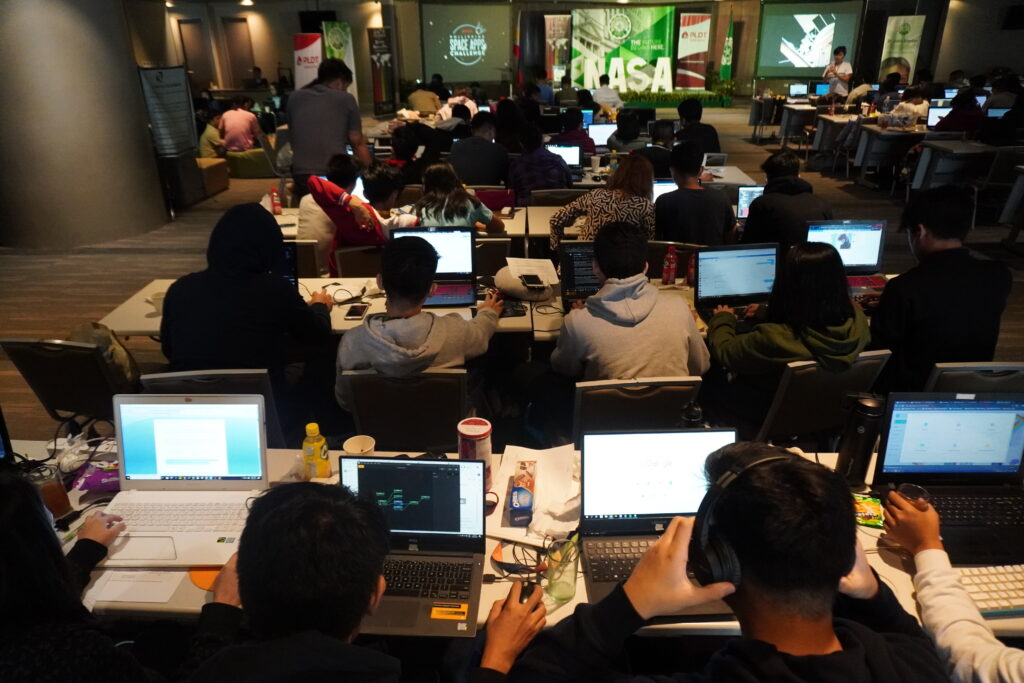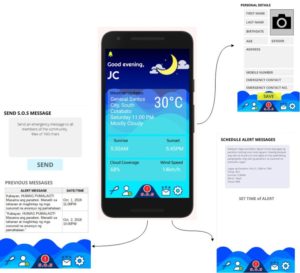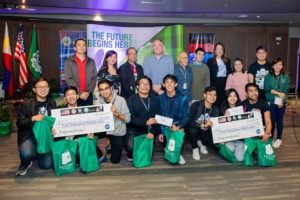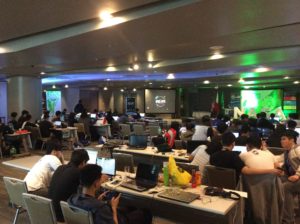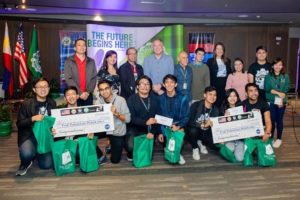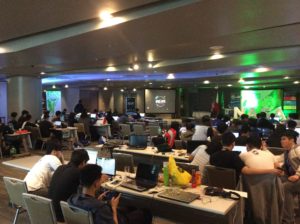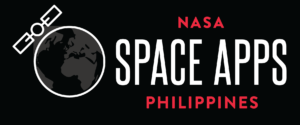MANILA, Philippines — A Filipino startup is recognized globally in developing a dengue hotspot prediction system using satellite and climate data in the 2020 Group on Earth Observations Sustainable Development Goals (GEO SDG) Awards for the Sectoral category, For-Profit. The GEO SDG Awards recognize the productivity, ingenuity, proficiency, novelty, and exemplary communications of results and experiences in the use of Earth observations to support sustainable development.
CirroLytix Research Services was formed to create social impact through big data. Through the application of machine learning, data engineering, remote sensing, and social listening, the Philippines-based data analytics firm hopes to help governments, researchers, non-government organizations (NGO), and social enterprises achieve positive change. The Advanced Early Dengue Prediction and Exploration Service (Project AEDES) is one of the CirroLytix’s flagship projects developed during the 2019 National Aeronautics and Space Administration’s (NASA) International Space Apps Challenge. It combines digital, climate, and remote sensing to nowcast dengue trends and detect mosquito habitats to help pre-empt cases of dengue. Project AEDES process leverages normalized difference vegetation index (NDVI), Fraction of absorbed photosynthetically active radiation (FAPAR), and normalized difference water index (NDWI) readings from Landsat and Sentinel-2 to estimate still water areas on the ground, which is correlated with dengue case counts from national health centers.
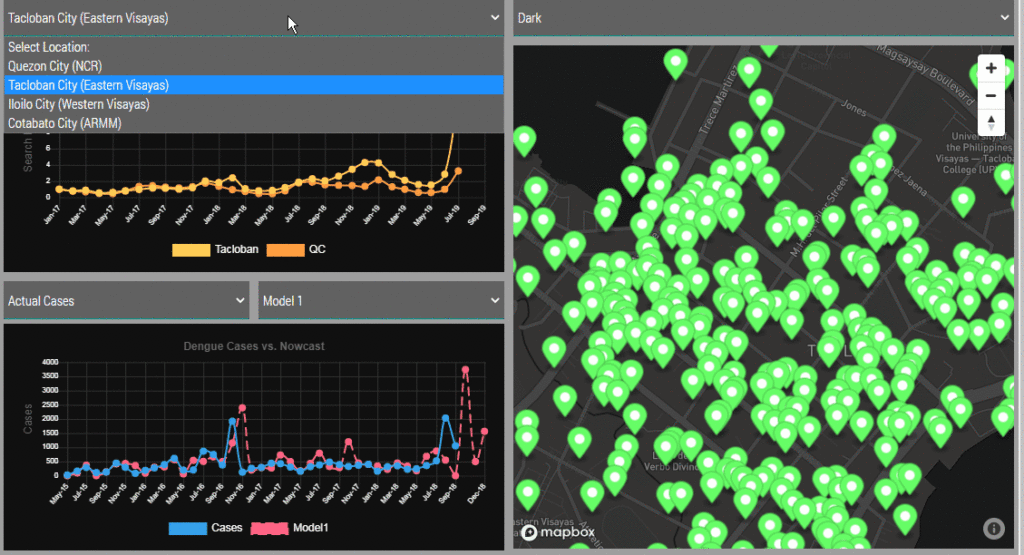
Dominic Vincent “Doc” Ligot, co-founder and chief technology officer of CirroLytix, describes Project AEDES as an “early detection of panics from online searches, anticipating case counts from environment readings, but most importantly pinpointing hotspots from mosquito habitat detection.”
The Pinoy-made dengue mapper tool won the annual international hackathon of NASA globally in the best use of data, the solution that best makes space data accessible, or leverages it to a unique application. Aside from winning last year, CirroLytix also developed an integrated public policy information portal measuring the impact of the coronavirus pandemic using Earth observation, in-country economic and human mobility data, and global infection case counts, thus winning again in the Space Apps COVID-19 Challenge for the same category in the best use of data. Named G.I.D.E.O.N. (Global Impact Detection from Emitted Light, Onset of COVID-19, and Nitrogen Dioxide), this dashboard for policy makers and economic planners shows the impact of COVID-19 on various countries and effects on the economy and environment.
With these achievements, Cirrolytix is recognized in their remarkable efforts to utilize Earth observation data to predict dengue fever cases in the Philippines in order to improve public health.
“I am glad that the GEO SDG Awards Panel has selected CirroLytix for an award, recognizing the importance of this work in developing an EO-integrated dengue case predictor mapping system,” according to Dr. Argyro Kavvada, lead for Sustainable Development Goals of the Earth Science Division, NASA’s Science Mission Directorate and executive secretary of the international Earth Observations for the Sustainable Development Goals (EO4SDG).
“These awards really could stand as an inspiration to all of us about what can be done, and what needs to be done to ensure that Earth-observations contribute to make our world a better, and more sustainable place,” said Lawrence Friedl director of the Applied Sciences Program of the Earth Science Division, NASA’s Science Mission Directorate and co-chair of EO4SDG.
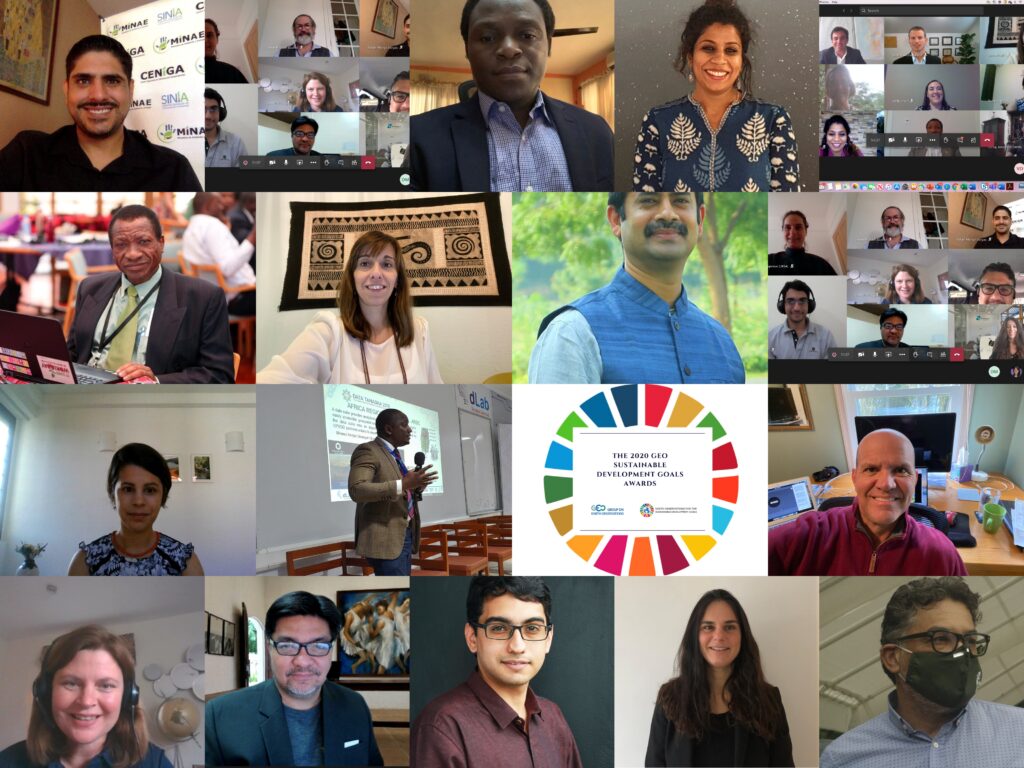
The Undersecretary for Competitiveness and Innovation of the Department of Trade and Industry (DTI) Dr. Rafaelita “Fita” M. Aldaba heartfeltly congratulates CirroLytix. “It’s indeed a blessing amid this pandemic and economic crisis that we are currently faced with,” she said.
The award-winning startup continues to update the AEDES framework to include socio-economic risk mapping to turn it into a health and environmental policy tool. Aside from dengue, the company also supports COVID-19 modeling and response initiatives with the public health sector. CirroLytix’s current involvements include public health, human rights, fighting disinformation, education and food security.
The Space Apps lead organizer in the Philippines Michael Lance M. Domagas appeals support for these Filipino winners. “How many times should these Filipino innovators and achievers need to win before being recognized and appreciated by our own country? To be recognized by not just one, but five space agencies is something has not yet been achieved by Filipinos, how much more of a multitude of countries and nations supporting the sustainable development goals of the United Nations?” He added that “The dengue epidemic and the COVID-19 is a real threat to the Philippine society right now, endangering health, well-being, livelihood, and most especially businesses and the national economy. If we could only learn how to give value to science, technology, mathematics, and engineering (STEM), the possibilities are endless. Our Filipino winners of Space Apps and GEO SDG Awards have taught us on how these space technologies greatly help in addressing epidemics and economic impact of COVID-19, its time to give them recognition and respect because they are Filipinos like us.” Winners shall be invited to visit NASA once travel is deemed safe, but unfortunately, travel, meals and incidental expenses, and accommodation expenses are not provided.
On the other hand, Cirrolytix encourages the use of data in addressing social problems and issues surrounding the Bangsamoro region. Together with the Asia Foundation and Data Ethics PH, the online Bangsamoro Data Challenge invites ages 15 years old and above to develop data-driven solutions in helping the region. Deadline for registration is on Saturday 11:59pm, November 21, 2020 at https://barmm.opendata.org.ph/
The Group on Earth Observations (GEO) is a partnership of more than 100 national governments and in excess of 100 participating organizations that envisions a future where decisions and actions for the benefit of humankind are informed by coordinated, comprehensive and sustained Earth observations.
